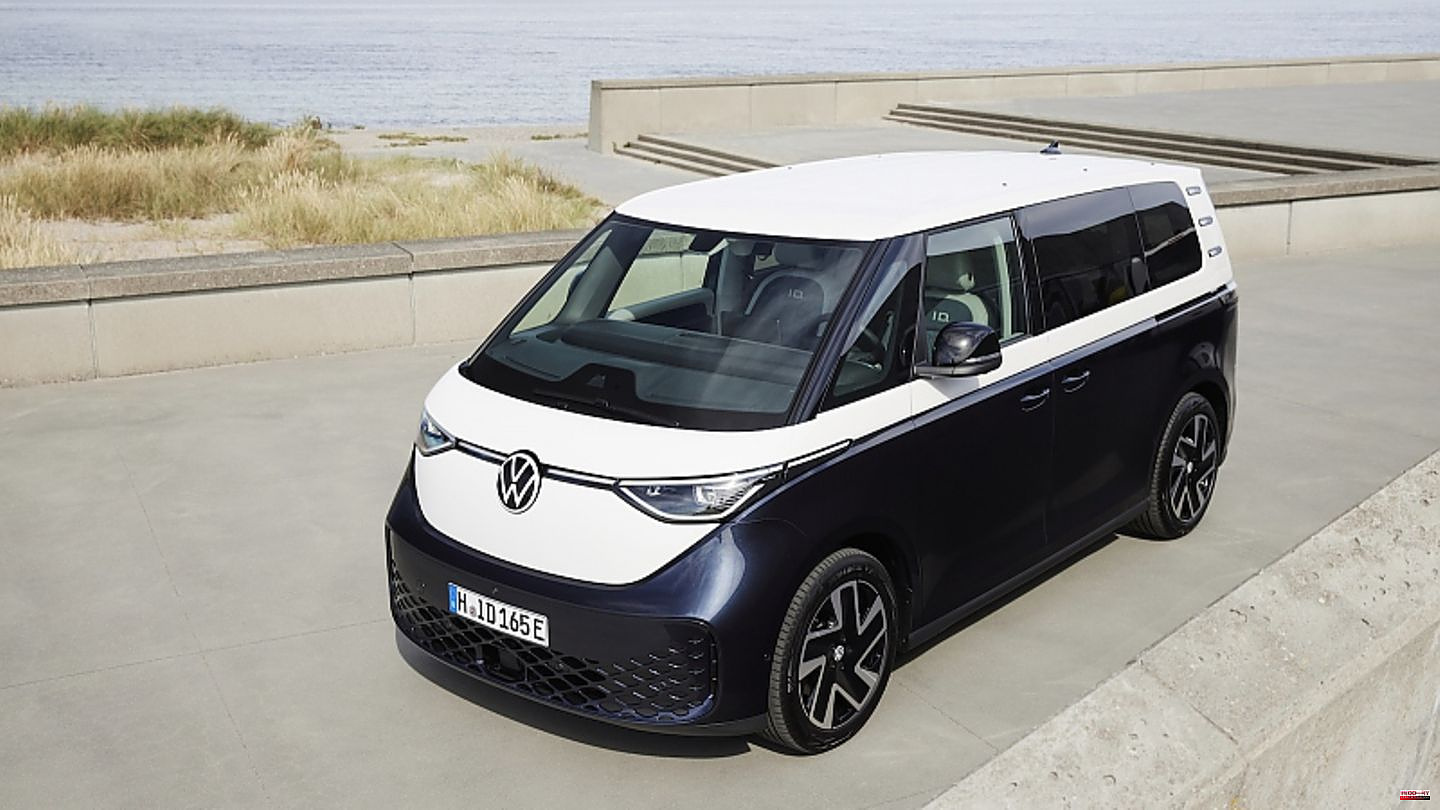Let's start with a three-euro platitude. Since the diesel crisis, VW is no longer the group that the carmaker used to be. “The VW brand has also suffered from the consequences of the diesel crisis in recent years. But the time for licking wounds is over. We are now looking ahead and want to do better,” says VW boss Thomas Schäfer. The brand boss has now been in office for around 100 days, which is traditionally the time to set the first strategic scent brand. “100 percent focus on our customers! To the best cars and services. To the best brand experience,” says the top manager.
Noble goals that only have one catch. Actually, the fact that the customer is king should be self-evident in a company that sells cars. The fact that a CEO installed an extra top-end committee called "Board of Management Committee Customers" (VAC) headed by Sales and Marketing Director Imelda Labbé, in which "specific customer requests are discussed", shows how far the Lower Saxony carmaker has come from removed from his clientele and only carried the proximity in the name. Now the complaints of the buyers reach the holy Wolfsburg halls and are implemented. That's why VW is bringing forward the facelift of the ID.3 next year and improving, among other things, the material quality in the interior.
“I've always been told that VW is a tanker that moves very slowly. We want to cut out old habits and that is only possible if you have a team that sets an example,” explains Thomas Schäfer, who is also CEO of the volume group in the VW Group, i.e. Seat, Cupra, VW commercial vehicles, Skoda and the VW brand . A new sense of togetherness is to come and egos should take a back seat. An explosive constellation if you keep in mind that the brand bosses are endowed with a healthy self-confidence per se. "Of course we also have controversial discussions, but that's not why there is a bloodbath," explains Thomas Schäfer.
Instead of this Wolfsburg centralism, pragmatism should step in. Efficiency and streamlining are two terms that Thomas Schäfer likes to use. It starts with production, where models are no longer necessarily brand-specific, but are based on synergies. "The customer doesn't care where the car comes from. Why shouldn't it be built where the tools are already scaffolded?” asks Thomas Schäfer rhetorically. Lean efficiency should permeate the entire company and create a new culture. Board meetings that used to take seven hours now take four. Decisions should be made by lower management levels. Ducking away and delegating to the top is no longer the case. A diametrical difference to earlier days, when individual components were discussed by top management and sometimes flew through the room if they did not meet the requirements of the management circle.
Since the be-all and end-all of every car manufacturer is and remains the product. And the palette should be thinned out further. The routine that there is a successor just because a model exists is a thing of the past. "That's nonsense," Thomas Schäfer becomes clear. “Do we need a vehicle like the Arteon? Rather not.” Boom. Guillotine. "Do it right, make a vehicle that customers want," adds the VW boss. And if the market launch of a car has to be postponed because there are still problems, then so be it. Quick shots like the faulty infotainment of the Golf 8 should no longer exist in the future. Vehicles with internal combustion engines are still needed. So next year there will be a new Passat and a new Tiguan. In 2024, the Golf will receive a major makeover. Whether it will be the last Golf with a classic drive depends on the strictness of the Euro 7 emission standard, which could mean the end of the smaller combustion engine series due to the costs of implementation.
It is clear that VW only wants to sell electric cars in Europe from 2033. The uncontrolled growth of platforms will come to an end much sooner. “The future for VW is the Scalable Systems Platform. At the end of the decade, we will converge on this for all model series,” Thomas Schäfer makes clear. The first car on this architecture will be the VW Trinity in 2026. By then, VW wants ten new electric models on the market, including the new flagship ID.Aero in the second quarter of next year, a kind of electric Passat that will probably be called ID.7. To ensure that these vehicles are also competitive, the MEB modular system is being further optimized, especially the loading speed. It should reach 200 kW. "We will have the right offer in every segment," says Thomas Schäfer. This also includes an entry-level electric model, the ID.2, which is said to cost less than 25,000 euros. There will also be a sporty crossover brother. The ID.3 should also get a derivative on stilts.
The economic goal is clearly set. The VW volume group accounts for 80 percent of the production of the largest European carmaker and is expected to achieve a margin of eight percent. VW will invest 7 billion euros in the USA by 2027. "The market share there has to be five percent plus X to play a role there," explains Thomas Schäfer. The door opener on the other side of the Atlantic should be the popular ID.Buzz, which has a large battery and a long wheelbase. "We should have brought the car much earlier," admits Thomas Schäfer. Such open self-criticism is new in Wolfsburg.







